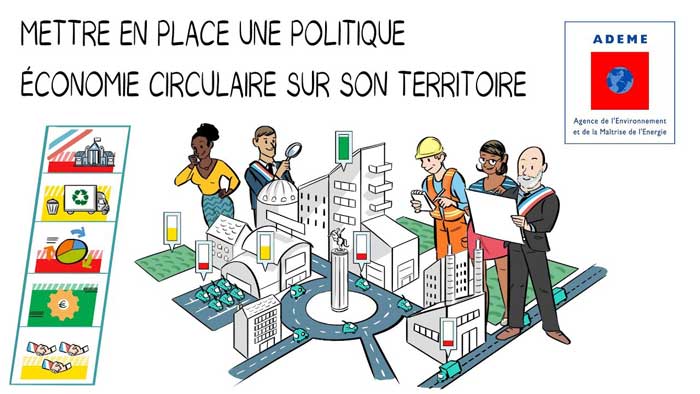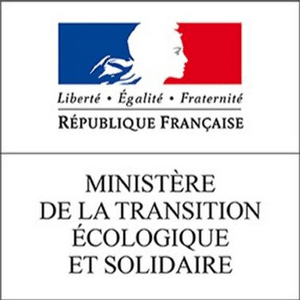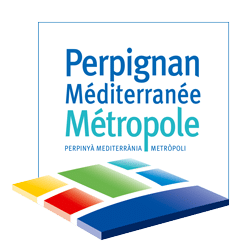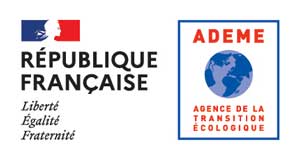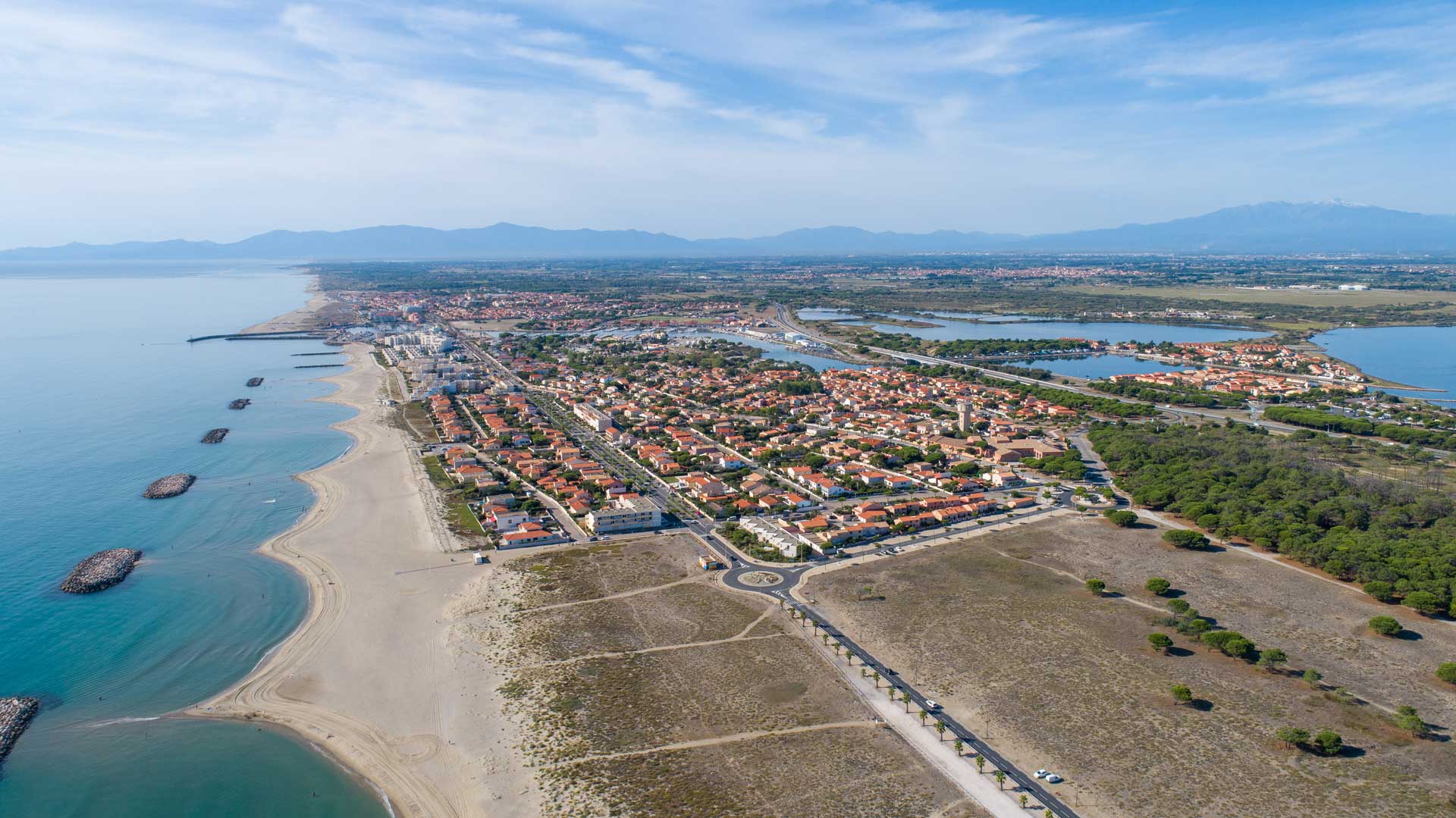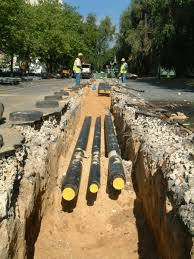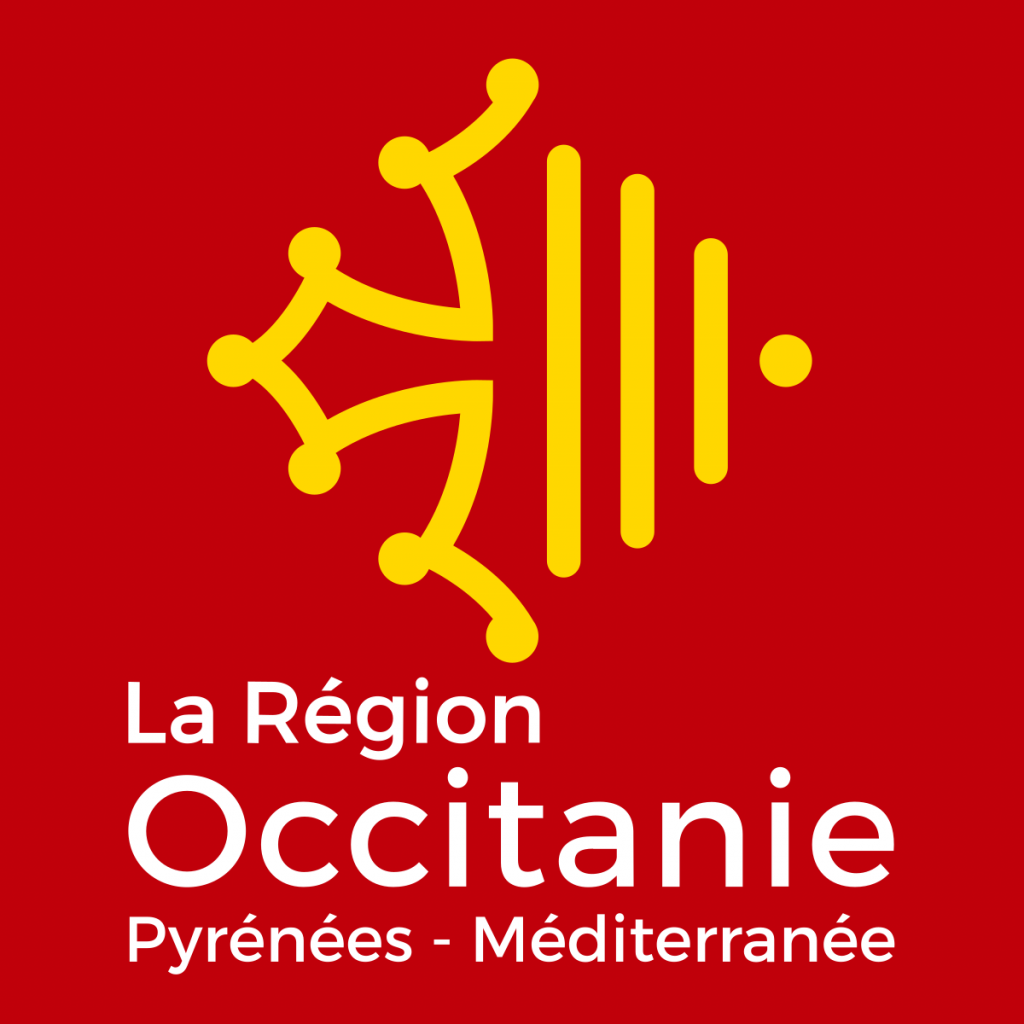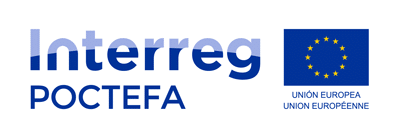On the way to labelling!
Perpignan Méditerranée Métropole is committed to the "Climate-Air-Energy" and "Circular Economy" labels!
In January 2022, PMM signed a Territorial Objective Contract with the Ministry of Ecological Transition and Solidarity, via ADEME Occitanie (the agency for ecological transition). This is an opportunity for PMM to obtain technical and financial support from the State for the implementation of concrete actions. In return, PMM commits itself for 4 years to two labels of excellence, based on the best practices of European and French local authorities: "climate-air-energy" and "circular economy".
All of PMM's competences are concerned: mobility, housing, energy, waste, public procurement, economy, planning, environment, etc.
The actions implemented concern not only the services of the community but also cooperation projects with companies and citizens!
What is the climate-air-energy label?
The Climate-Air-Energy label rewards the exemplary commitment of European local authorities to the ecological and energy transition
It is based on a reference framework of best practices, divided into 6 areas:
- Territorial planning (overall climate-air-energy strategy, urban planning, etc.)
- Community assets (energy and climate target values, public lighting and water saving in buildings, etc.)
- Energy, water and sanitation (organisation of energy distribution, local energy production, water management, green spaces, waste management, etc.)
- Mobility (promotion and monitoring of sustainable mobility, rationalisation of motorised travel, alternative mobility, etc.)
- Internal organisation (governance, finance and public procurement, etc.)
- Cooperation and communication (strategy, housing and fuel poverty, economic activities, etc.)
PMM has been involved in this label, formerly known as Cit'ergie, since 2016 and its proactive policy led to its being awarded the "Cap Cit'ergie" label in 2018. PMM thus joins the 228 French local authorities that are now involved in this European label.
Why commit to this label?
- PMM's action is evaluated by an independent advisor and auditor accredited by ADEME;
- This external evaluation is therefore neutral;
- Places PMM on a clear roadmap for continuous improvement, encouraging further progress;
- Distinguishes the territory at European level.
The stars correspond to percentages of achievement (ratio of completed actions to the community's maximum action potential):
- 1 star: community in process
- 2 stars: > 35% of points
- 3 stars: > 50% of points
- 4 stars: > 65% of points
- 5 stars: > 75% of points
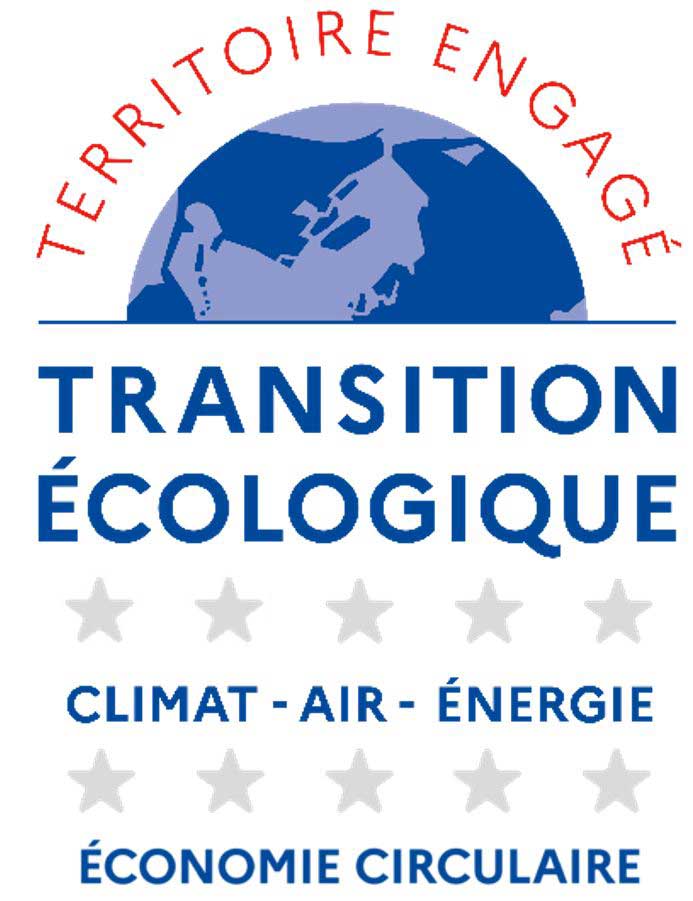
What is the circular economy label?
The circular economy label is also based on a reference framework derived from the best practices of French local authorities, composed of 3 axes and divided into 5 areas:
A political focus:
- Definition of a global strategy for the circular economy policy and its inclusion in the territory
Two technical axes:
- Development of waste reduction, collection and recovery services
- Deployment of a circular economy in the territories
Two axes on means and mobilisation:
- Financial tools for behaviour change
- Cooperation and commitment
In 2022, PMM will be awarded the "Circular Economy" label for the first time
Map of the municipalities and inter-municipalities involved in the two labels:
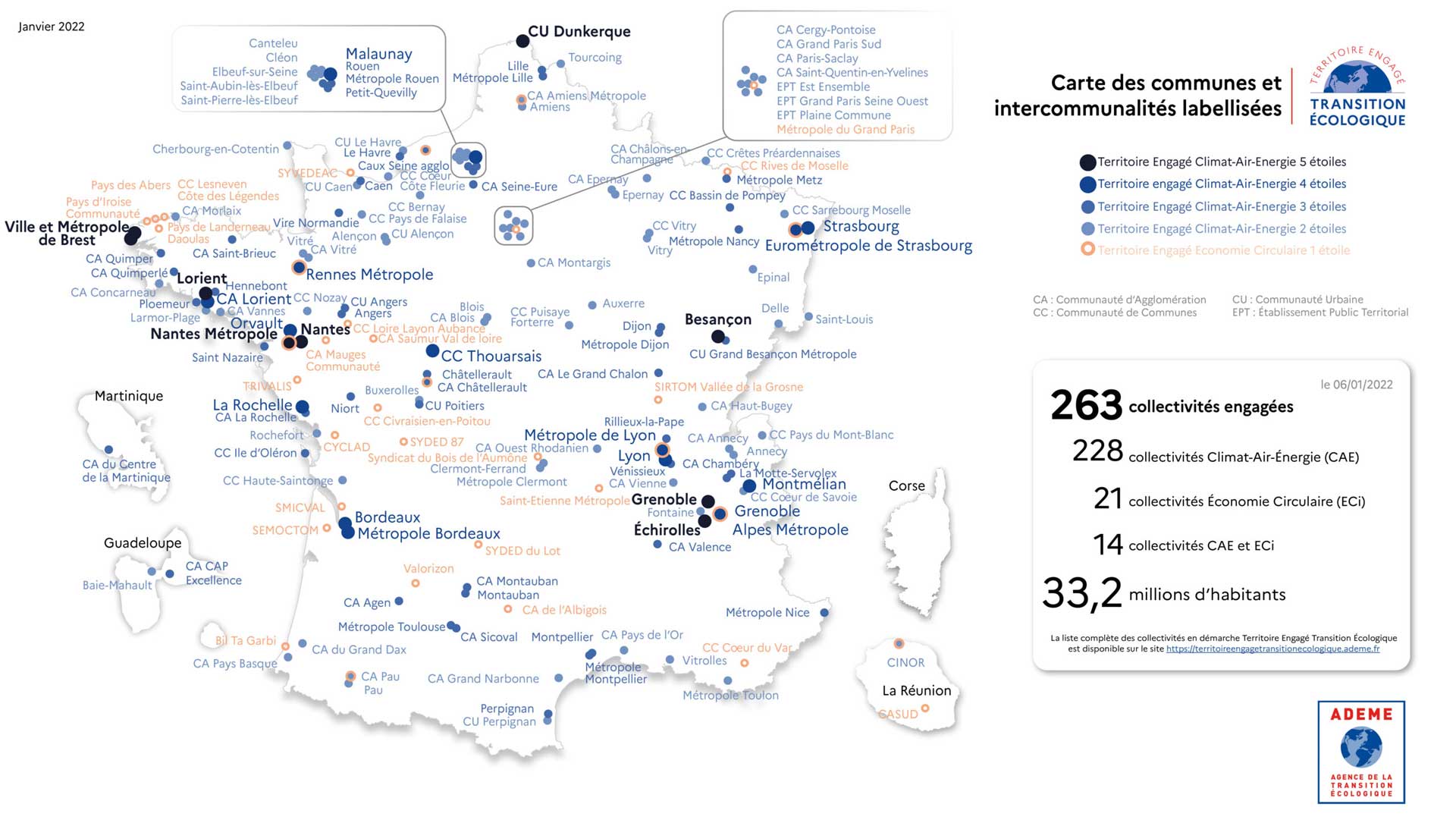
Focus on the circular economy
It is a question of moving from a disposable society, based on a linear economy (extract, manufacture, consume, throw away) to a circular economic model, favouring reuse, recycling... It is therefore a question of doing better with less.
The 7 pillars of the circular economy according to ADEME :
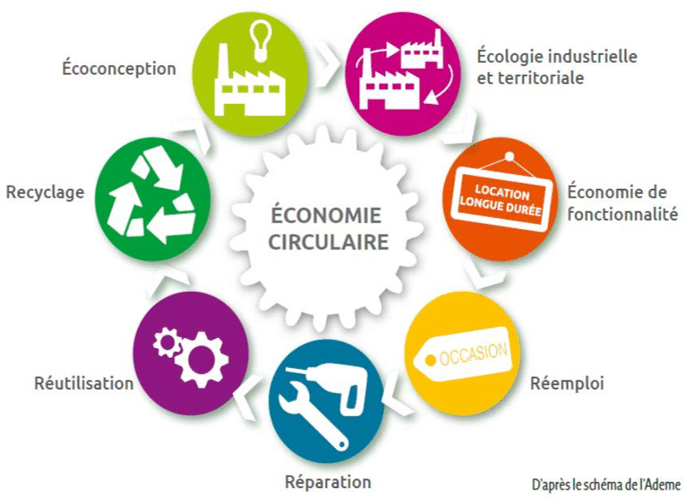
Some actions:
In concrete terms, for Perpignan Méditerranée Métropole, this means
- Recycling materials during the demolition of large facilities (construction and buildings)
- Developing urban heat networks
- Boosting short agricultural circuits and combating food waste
- Integrate sustainable procurement andeco-designobjectives into public procurement
- Supporting the supply of reuse and repair actors
- Eco-design of buildings
- Create an innovation platform (incubator)
- Developing territorial synergies between economic actors
- Strengthen information for residents and businesses on the reparability index, reuse
Example of actions already carried out by PMM in terms of the circular economy.
Added value of the approach: a more attractive territory!
The circular economy allows the territory and its companies :
- To secure its resource supplies
- To achieve economic gains (on waste treatment costs, transport, economies of scale)
- Initiate multi-actor, collaborative, multi-sector and multi-sector approaches. Example: industrial symbioses, mutualisation and substitution synergies, etc.
- To develop models with a strong local anchorage and non relocatable jobs (the State estimates that 300,000 jobs could be created in the circular economy sector)
- Circular Economy 4.0 be innovative and inventive!
